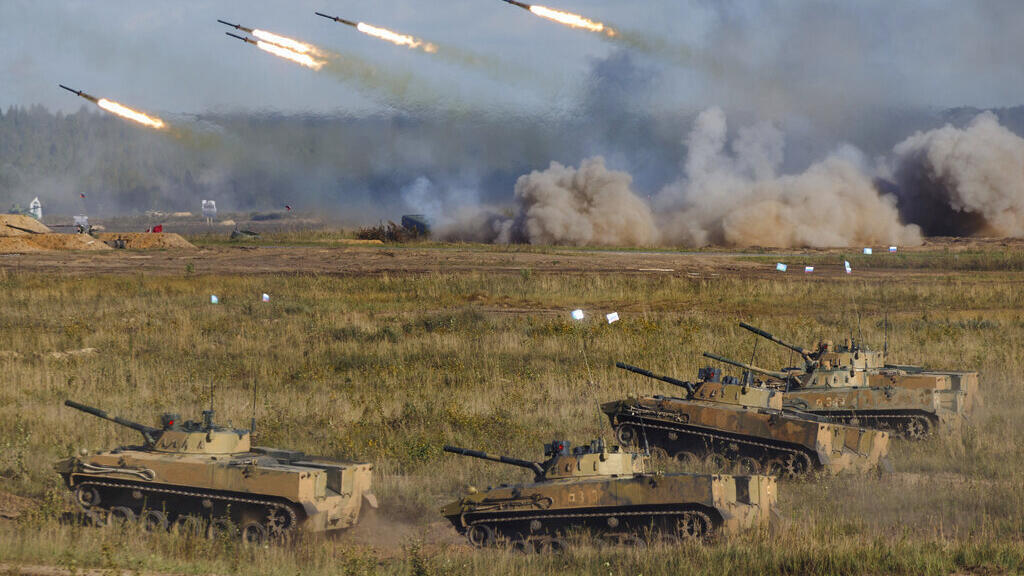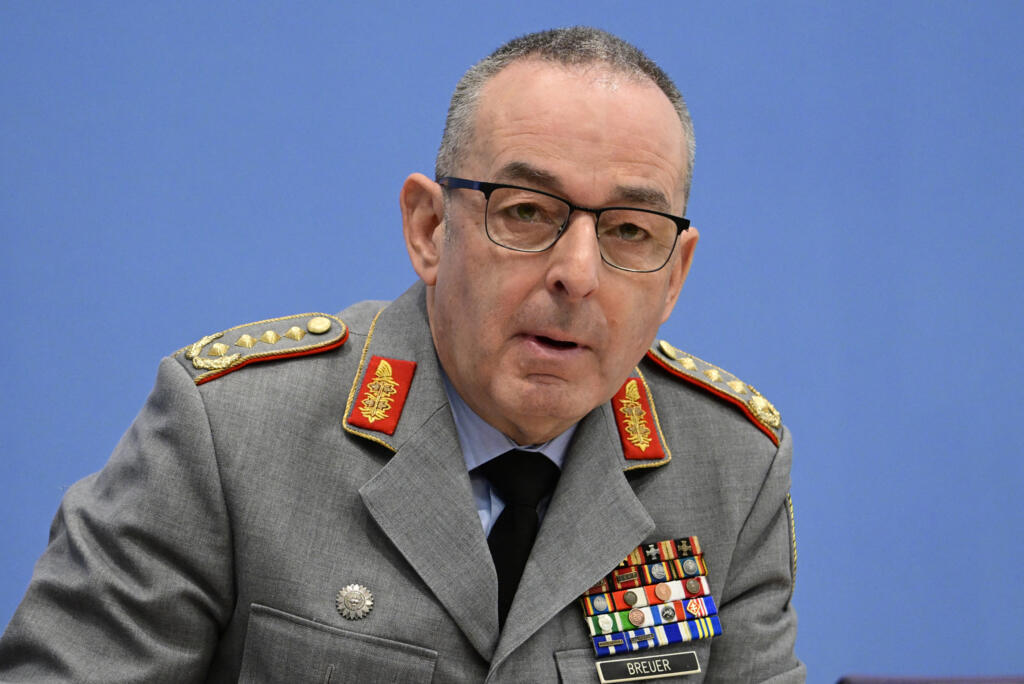
Russia and Belarus are set to stage a massive military exercise in mid-September and with the war in Ukraine still raging, the move has raised concern across Europe. Germany has issued military warnings, while France is quietly preparing its hospitals for the possibility of a wider conflict.
The five-day Zapad 2025 manoeuvres begin on Friday across Belarusian territory. They are officially described as defensive drills to safeguard the Russia-Belarus Union State.
Belarus insists the exercises are routine and preventative. Defence official Valery Revenko said Zapad 2025 is designed to “check the readiness of both states to repel potential aggression” and stressed that Minsk is pursuing “a peaceful policy”.
But NATO countries are unconvinced.
With Russian and Belarusian troops training close to Poland and Lithuania – both NATO members – officials fear a miscalculation on Europe’s fault line.
Germany has been particularly outspoken. General Carsten Breuer, the German Armed Forces chief, confirmed NATO units would stay on heightened alert during Zapad.
While he admitted there was no intelligence pointing to an imminent attack disguised within the drills, he stressed caution.
“We want deterrence, not escalation,” Breuer told journalists in Berlin. “But we would be naïve to assume President Putin’s ambitions stop at Ukraine.”

Airspace breach
Those concerns were sharpened this week after at least 19 drones believed to be Russian entered Polish airspace, some via Belarus. One drone strike caused minor damage to a house in the Lublin region.
Poland scrambled fighter jets and closed parts of its civilian airspace. The government also invoked Article 4 of the North Atlantic Treaty, triggering consultations with allies.
Analysts said the incursion may have been a test of NATO’s readiness ahead of Zapad 2025.
Poland calls NATO talks after downing Russian drones in airspace breach
At the same time, Berlin launched its own NATO exercise, Northern Coasts, which began on 29 August and ended on Thursday.
Around 8,000 troops from 14 nations, backed by 40 warships, 30 aircraft and 1,800 vehicles, are training across the Baltic Sea region.
Military planners concede that parallel exercises always carry some risk, especially so close to NATO’s eastern frontier. But Northern Coasts and Zapad 2025 are not scheduled at the same time.
NATO headquarters said this week it would “closely monitor” Zapad 2025 and has deployed additional surveillance planes and drones to Poland and the Baltic states.
Lithuania’s president Gitanas Nauseda called the drills “a deliberate show of intimidation” and confirmed his country had stepped up border patrols.
Poland also announced that extra units had been deployed along its Belarus frontier.
Moscow dismissed the concerns as “hysteria” and insisted the exercises were routine.
NATO backs defence hike as Trump claims victory, but doubts linger
French hospitals on alert
France has taken a different approach.
Documents uncovered by Le Canard Enchaîné on 26 August show Paris has ordered hospitals nationwide to prepare for the arrival of thousands of wounded soldiers by March 2026.
The Ministry of Health directive, issued in July, sets out plans for France to serve as Europe’s medical rear base. Hospitals must be ready to treat large numbers of casualties if conflict spreads.
The instructions call for new military-dedicated hospital wings near ports and airports, stockpiling of supplies, and training of staff in war medicine and trauma psychology.
Officials estimate between 10,000 and 50,000 casualties could need treatment within weeks of a conflict, requiring rapid medical evacuation through French infrastructure.
Health Minister Catherine Vautrin told BFMTV the preparations are about foresight, not panic. “Hospitals prepare for epidemics and natural disasters,” she said. “In the current climate, preparing for conflict is part of our responsibility.”
The same unease is felt at NATO headquarters. Secretary-General Mark Rutte has warned of the danger of simultaneous crises – a Russian attack on NATO and Chinese aggression against Taiwan.
He said such a scenario could bring the world to the brink of global war and urged allies to boost defence spending and weapons production.







